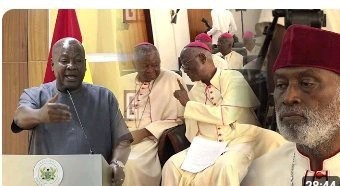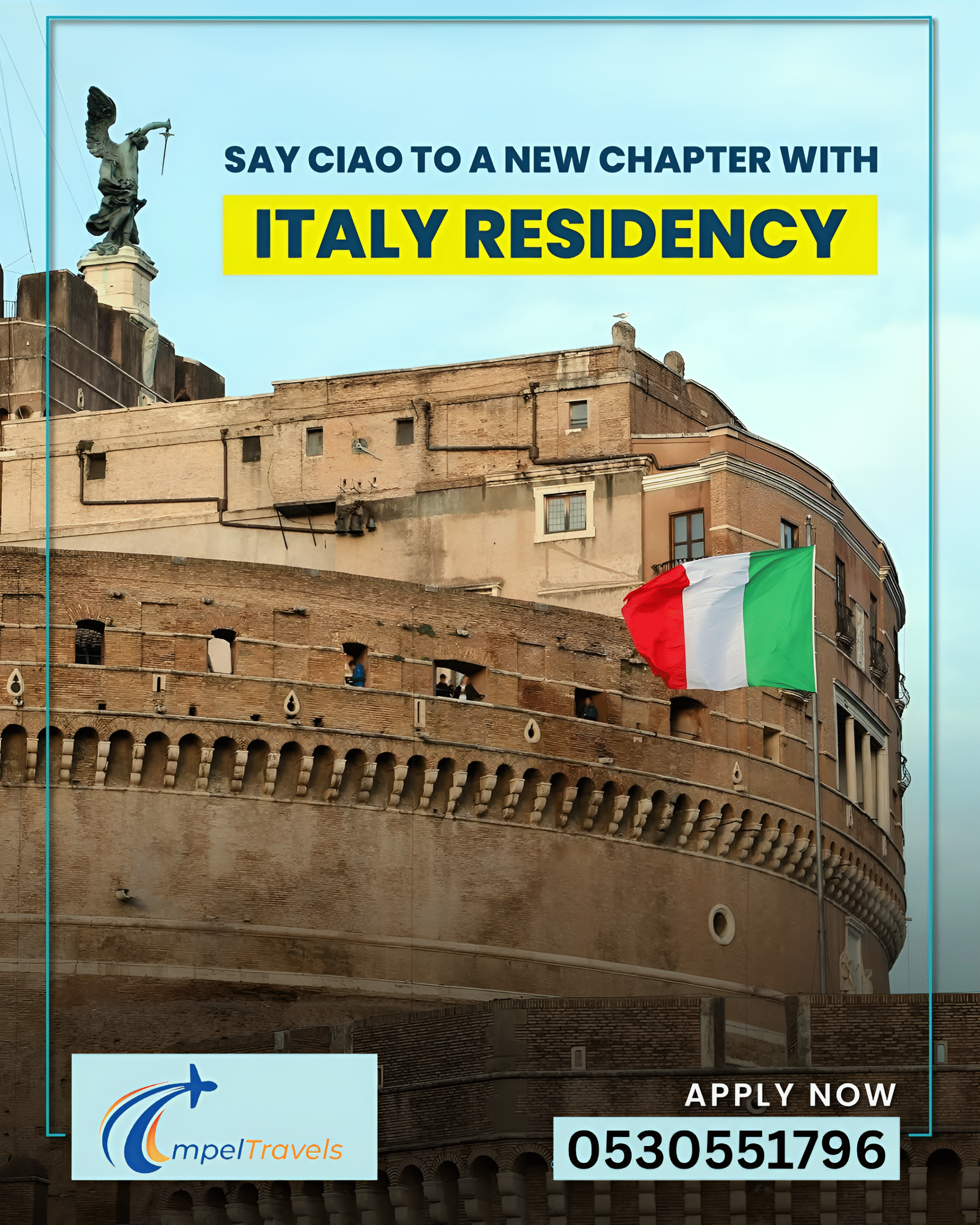In Ghana’s ever-evolving political and religious sphere, former President John Dramani Mahama has once again positioned himself as a voice of reason amidst swirling allegations and controversy.
Claims that certain religious leaders may have accepted financial incentives to shape narratives that ridicule and demean individuals have ignited heated debates across the country. As tensions rise and questions of integrity loom large, Mahama has taken a bold stance—calling for peace, unity, and the restoration of hope among Ghanaians.
The allegations against some bishops have triggered widespread disappointment, especially among citizens who look to religious figures for moral guidance.
When faith and politics intertwine in ways that appear compromised, it leads to a crisis of trust. Many are now questioning the level of influence political forces may have over some clerics and whether religious institutions should remain independent of such maneuvering. The alleged betrayal has not only fueled frustration but also intensified scrutiny on the ethics of religious leaders who wade into political discourse.
Despite the controversy, Mahama’s response has been measured. Rather than adding fuel to the fire, he has focused on bridging divides and offering a message of reconciliation.
His approach underscores his belief in unity over division, reminding Ghanaians that their collective strength lies in mutual respect and dialogue. He acknowledges that the erosion of trust in key institutions—including religious leadership—has serious consequences for national cohesion, yet he remains optimistic that healing is possible.
The role of religious leaders in political affairs has long been a point of contention. While some believe they should actively guide moral and ethical governance, others argue that direct involvement often leads to unintended bias and partiality. When religious figures openly engage in political endorsements or criticism, they risk alienating portions of their followers and diluting their core mission of spiritual guidance. As Ghana navigates this fine line, citizens are left pondering the true intentions of religious voices who wield influence over national discourse.
Moving forward, Mahama’s appeal for peace and restoration of hope serves as a beacon amid growing skepticism. Whether these allegations will lead to significant reforms or fade into the annals of political history remains to be seen.
However, one truth is evident—Ghanaians are yearning for leadership that prioritizes integrity, unity, and a renewed vision for a better future. The conversation surrounding the ethical responsibilities of religious figures in politics continues, and the coming months will likely shape public attitudes towards accountability and transparency in both the religious and political spheres.
https://youtube.com/watch?v=5_RcBAS1rBw%3Fshowinfo%3D0











